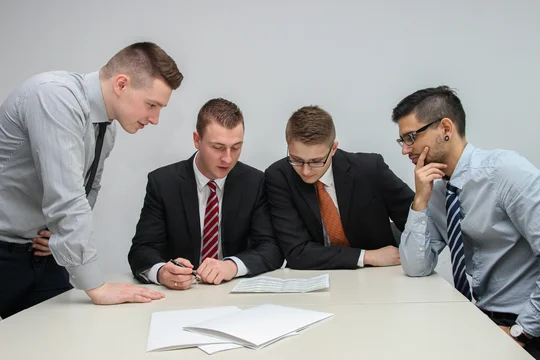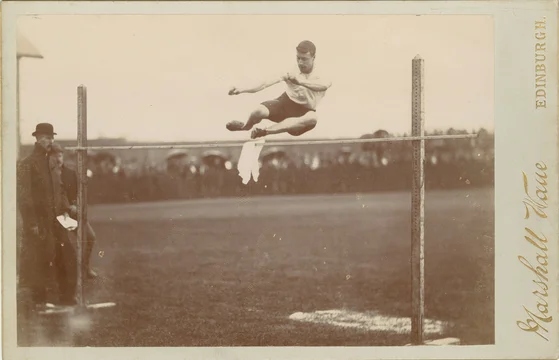
What do you do when your expert's damages opinion gets excluded, the Court rules you cannot proceed based solely on the factual evidence, and you bear the burden of proof?
According to an opinion from Judge Andrews yesterday, one option is to call the other side’s expert—even if the other side otherwise refuses to put her on the stand.
This Case Again?
We've actually talked about this case, Shure Inc. v. ClearOne, Inc., C.A. No. 19-1343-RGA-CJB (D. Del.), quite a bit at this point, including defendant's efforts to use DJ jurisdiction to keep part of the case out of Delaware, and plaintiff's effort to secure a preliminary injunction.
Just this month, we've covered how Judge Burke excluded plaintiffs’ damages expert opinion, and how Judge Andrews overruled plaintiffs’ objections to that decision and also struck a supplemental report offered in order by plaintiff to correct the problems in the original analysis.
Now the parties have reached the pretrial conference, with a jury trial set to begin on Monday, and plaintiff is scrambling to fix the hole in its damages case.
Judge Andrews: The Patentee Cannot Argue for Damages Using Only General Factual Evidence
Plaintiffs tried to patch up their damages analysis by relying primarily on general factual evidence, now that they lack expert testimony,but Judge Andrews rejected that yesterday:
[The accused infringer] presents good arguments for why I should exclude [damages expert] Dr. Vander Veen's testimony. . . . Since Dr. Vander Veen's Georgia Pacific analysis rests upon [a] faulty proxy, it is either irrelevant or confusing. Thus, [the patent holder] cannot call Dr. Vander Veen to opine on a reasonable royalty rate. Further, I agree with [the accused infringer] that a presentation of general factual evidence does not provide sufficient evidence for a reasonable royalty, especially when [the damages expert's] opinion has been excluded.
It is unclear exactly what factual evidence the patent holder had planned to rely on, as the filings are sealed. But the Court is clear that plaintiff here cannot present a damages case without an expert.
But wait! Plaintiff Can Call Defendant's Damages Expert, Even If Defendant Does Not Want Them To
Here is where it gets even more interesting. In the same opinion, Judge Andrews recognized that the defendant had offered a rebuttal damages expert, and that expert's opinion remains admissible. So he held that plaintiff can present its damages case using the defendant's expert:
I will, however, allow [plaintif] Shure to call [defendant] ClearOne's expert, Ms. Rowe, if Shure so chooses. It is within my discretion to allow Shure to call ClearOne's witness even if ClearOne refuses to call her.
The Court noted that there was no prejudice to defendant, and still limited the expert's testimony to what was disclosed in her expert report, which she had offered to rebut plaintiff's original damages case:
In this case, ClearOne is unlikely to be prejudiced. ClearOne is clearly knowledgeable about [their own expert] Ms. Rowe's opinions on the reasonable royalty rate and well prepared to respond to it. Shure has a strong interest in being able to present evidence of a reasonable royalty to the jury. Ms. Rowe has reviewed the available evidence and her opinion would help the jury in reaching an informed decision on the matter. This does not mean, however, that Shure is free to explore any topics with her that it wishes. Ms. Rowe's testimony must be limited to what was disclosed in her expert report.
The Court also applied the generally permissive Pennypack analysis, which we've discussed many times before, and found that failing to permit plaintiff to rely on their opponent's expert report would amount to the "exclusion of evidence," which is an "extreme sanction" under Pennypack.
But Who Pays for the Expert?
The Court seemed to recognize that plaintiff would have to pay the expert's fees for the time spent testifying:
If Shure represents that it is going to call Ms. Rowe, Shure is going to be responsible for paying a portion of Ms. Rowe's expert fees, but I cannot presently determine what that portion would be.
It certainly feels odd for a plaintiff to be paying a defendant's expert to offer an opinion at trial, particularly one that is necessary to establish a damages case against the defendant. Of course, the reverse—requiring the defendant to pay their own expert to offer an opinion that would only be used against the defendant—would be even stranger.
If you enjoyed this post, consider subscribing to receive free e-mail updates about new posts.



